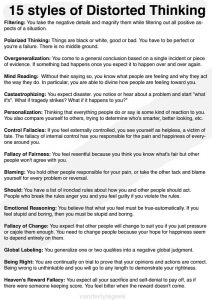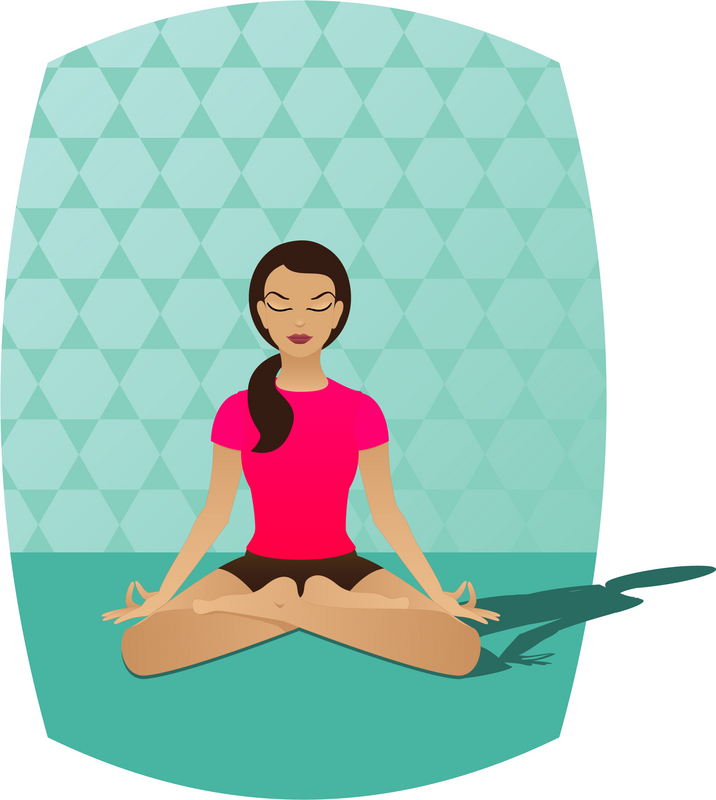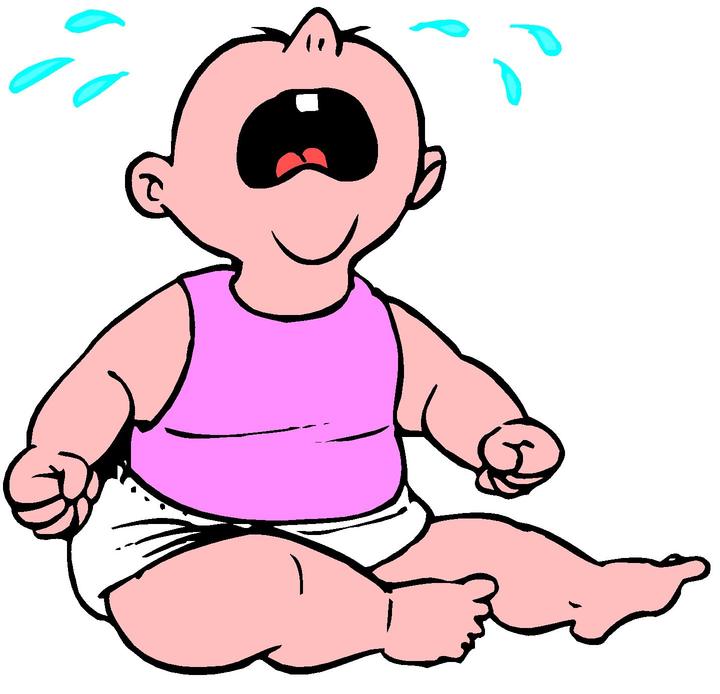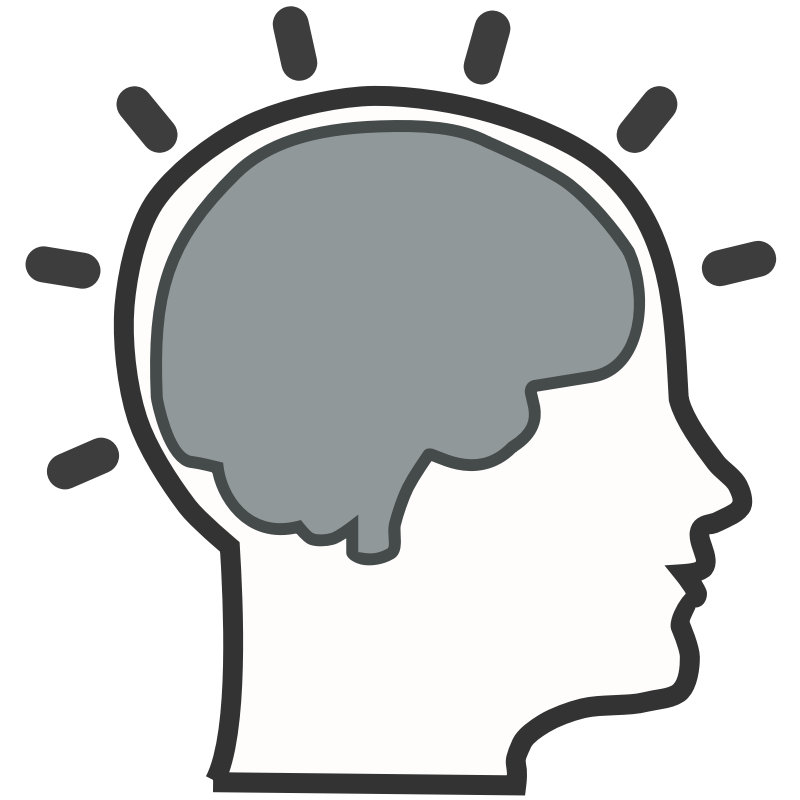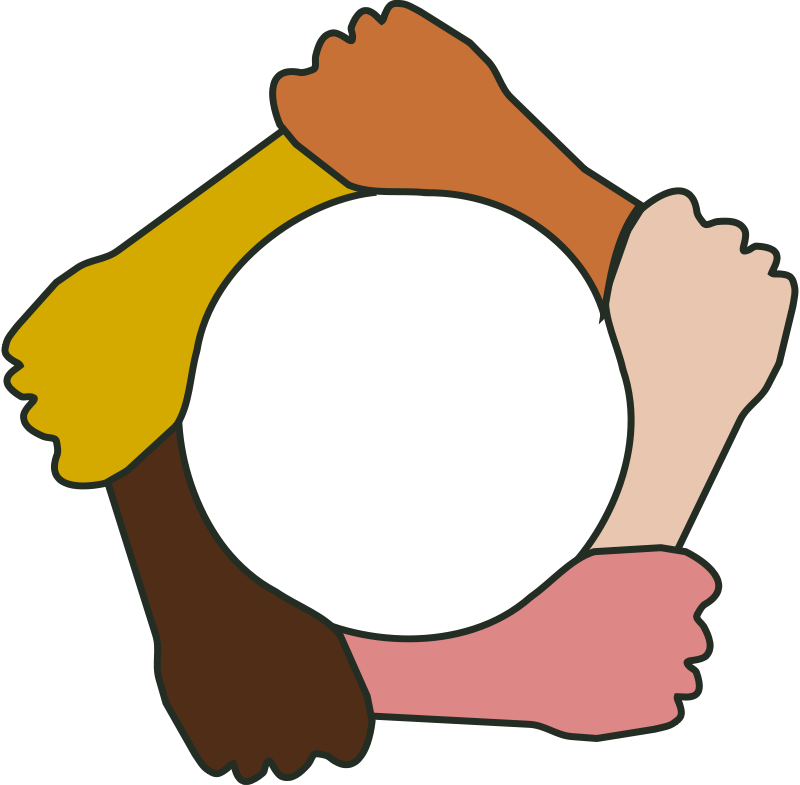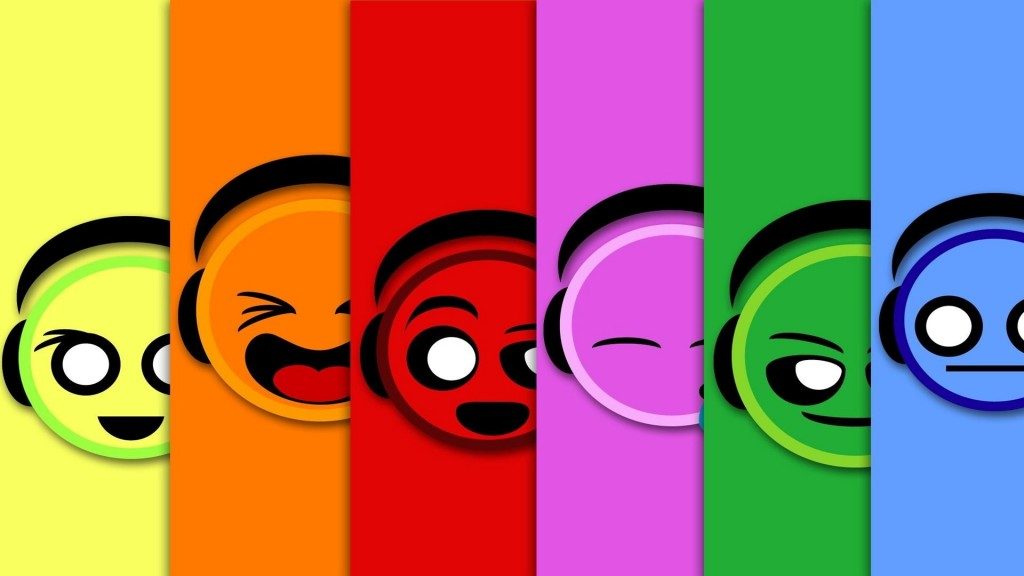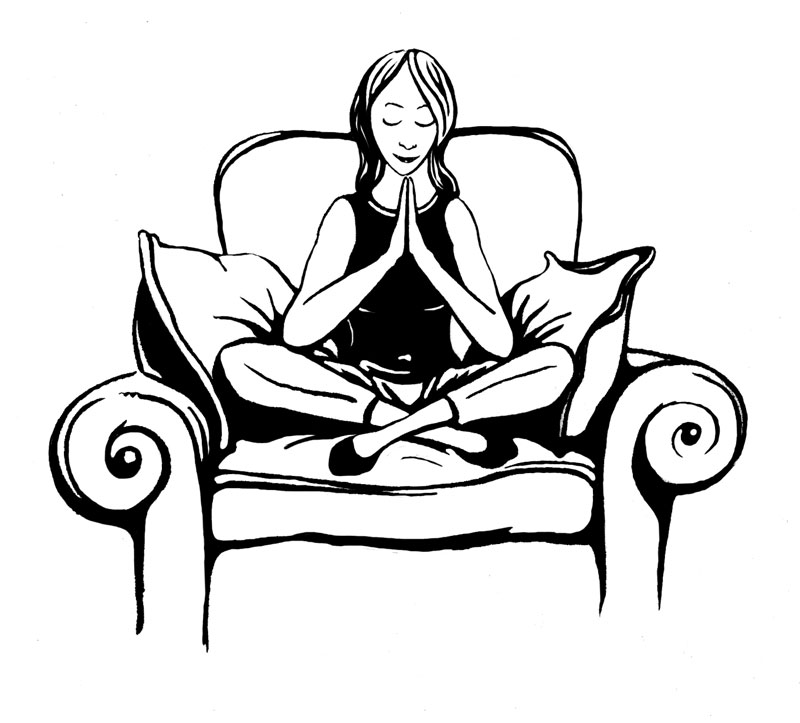Helping Children express their emotions have been linked to academic success. Children need to feel good and believe they are capable of achieving anything. Self confidence has a lot to do with how a person views themselves and in relation to others. When children are exposed to environments that are nurturing and stable, they flourish.
Of course this is not a new concept but an important reminder. Children respond to stress with their emotions and behaviours. There is no such thing as a bad child, but there is such thing as a lost child. The hope is to help children find ways to cope with uneasy feelings through empathy and discussions.
The questions copied and pasted below was taken from a blog post on Emotions Affect Learning, Behaviours, and Relationships. The author discusses how healthy emotional regulation is integral for children and their brain development. The film INSIDE OUT was highlighted as an example of how a child develops core memories and the relation to their emotional health. The author developed the questions below to promote self-reflection and awareness within children by using questions connected to the film.
Questions for Children
“Sadness helped Joy in the film, and your own Sadness can help you.
1. How do you cope with Sadness?
2. Can you use your Sadness to feel better? How?
3. What would happen if we never felt Sadness? Is it sometimes good to keep Sadness inside a circle so that it does not spread and get out of control? Why?
Fear and Anger can protect and motivate us.
4. When was Fear needed in your life?
5. How did Fear help you?
6. What is the perfect amount of Fear?
7. What happens to our thinking and problem solving when we carry too much Fear or Sadness?
8. How does Anger show up in your brain?
9. Has Anger ever helped you?
10. How do you typically handle your Anger?
Disgust keeps us from being poisoned physically and socially.
11. How has the feeling of Disgust helped you?
12. How has expressing Disgust hurt your relationships or experiences?
In the film, Joy plays the leading role among the feelings in Riley’s brain.
13. Does Joy always play the leading role in our brains?
14. What happened when Joy and Sadness left headquarters?
15. How do we see Joy in your brain?
16. What creates Joy to take over your brain?
Imagine having no feelings at all.
17. What would life be like if we didn’t have feelings?
18. Describe two positive changes in our life if we didn’t have feelings.
19. Describe two negative changes that could occur in a life with no feelings.” (Dr. Lori Desautels, March 10, 2016)
(photo taken from Cliparts.co)

